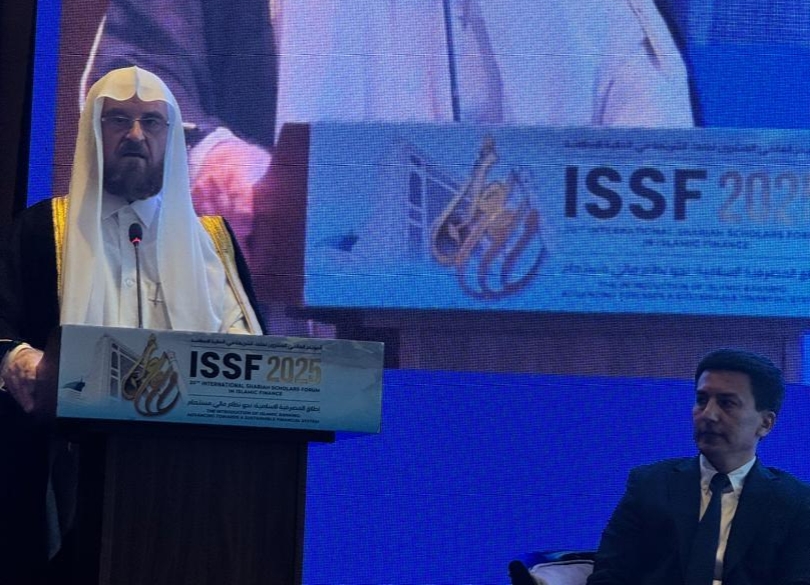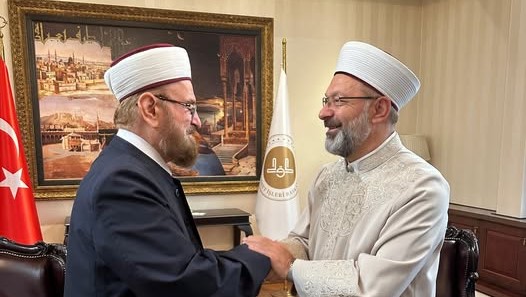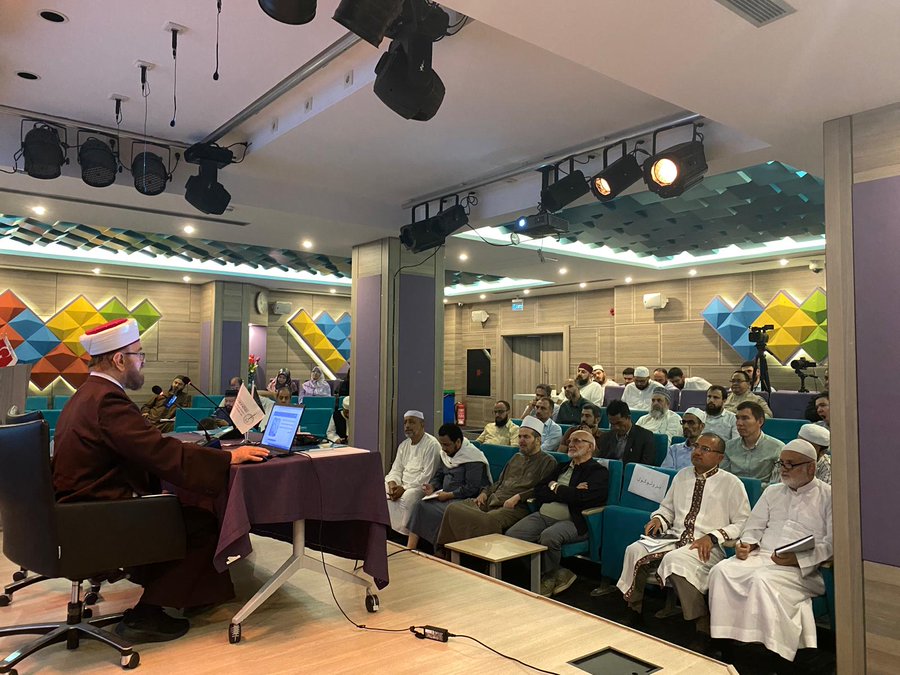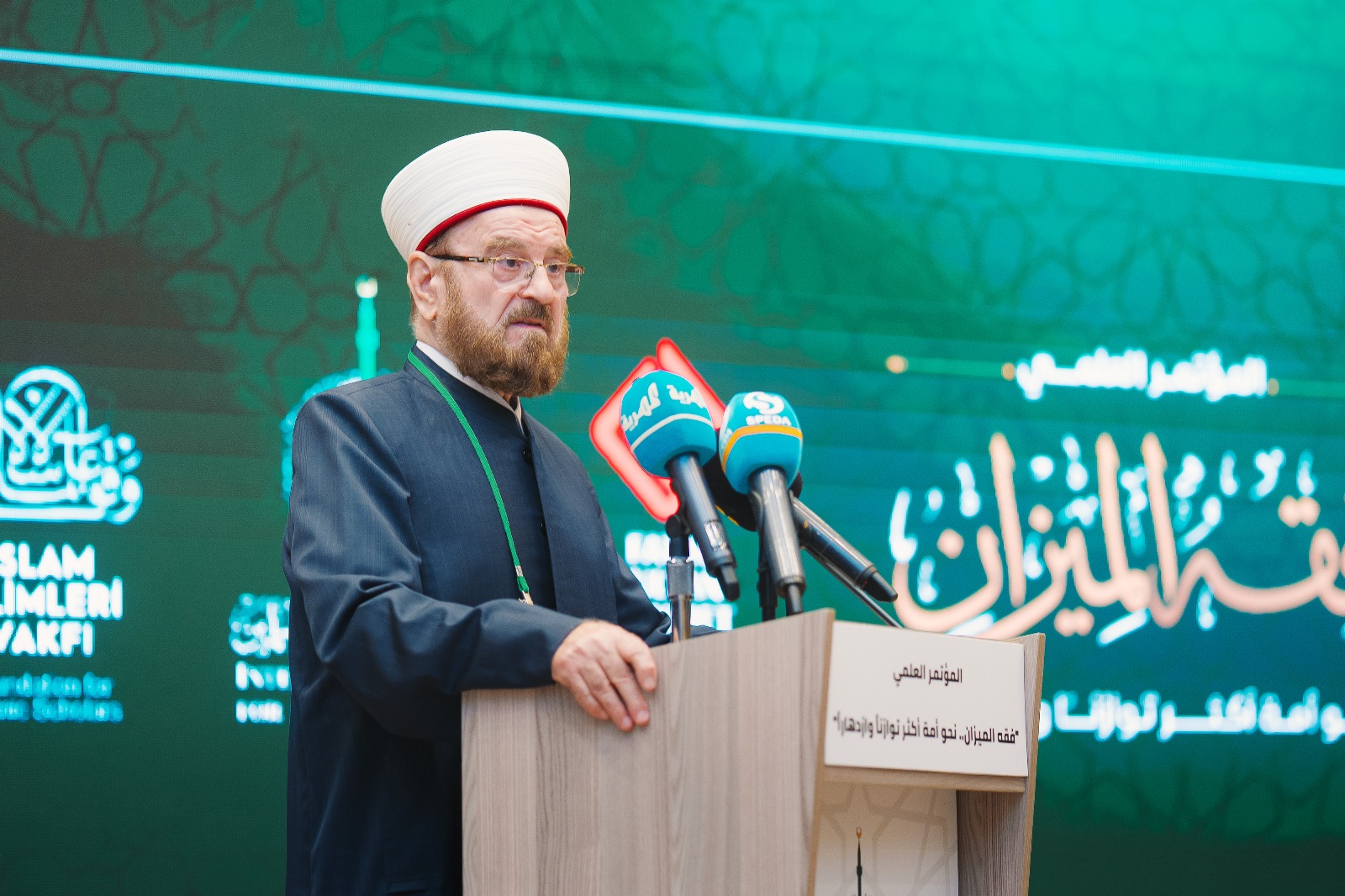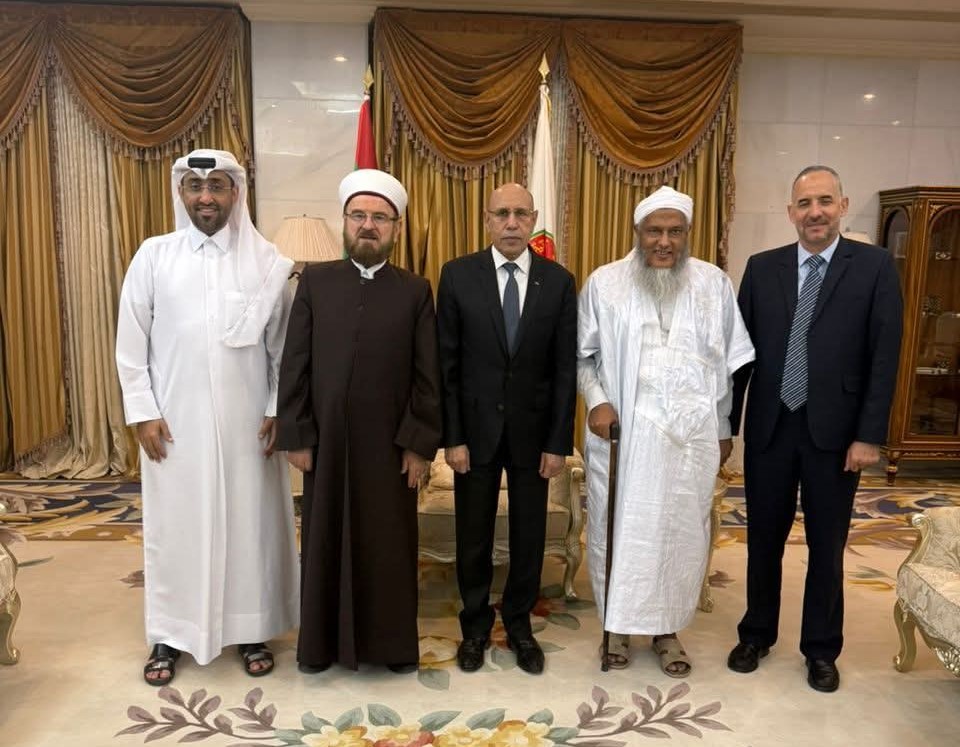Jul 18 2023
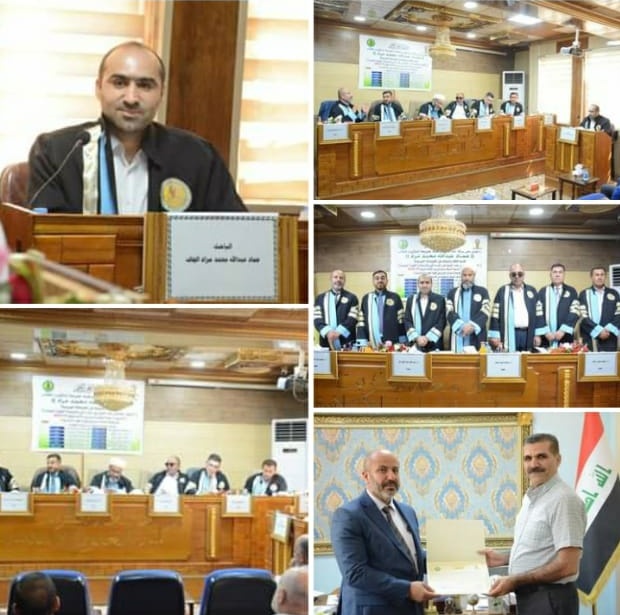
A Doctoral Dissertation titled "Maqasid-based Ijtihad According to Sheikh Ali al-Qaradaghi and its Contemporary Fiqh Applications" Defended at the College of Islamic Sciences in the Kurdistan Region
On Tuesday, July 18, 2023, in the Salahaddin Hall at the College of Islamic Sciences – Department of Fiqh and its Foundations – a doctoral dissertation by the student (Imad Abdullah Muhammad) was defended. The dissertation was titled "Maqasid-based Ijtihad According to Sheikh Ali al-Qaradaghi and its Contemporary Fiqh Applications" and was supervised by Professor Dr. Othman Khidr Maza'l.
The significance of this topic lies in the understanding that the texts of the Quran and Sunnah are rich and comprehensive sources of jurisprudence. They are the light that came for the happiness of humanity in this world and the hereafter. However, these texts require contemplation, reflection, and deep analysis to comprehend their meanings and to derive legal rulings (ahkam). Furthermore, it is crucial to understand how to apply them to contemporary realities and events. This necessitates ijtihad (scholarly reasoning) for all new cases and circumstances that arise. Therefore, the mujtahid (the scholar performing ijtihad) must exert their utmost effort to ascertain the Shar'i rulings or to determine how to apply them in a way that is believed to fulfill the objectives (Maqasid) of the Shari'ah. From this standpoint, Maqasid-based ijtihad becomes paramount and of utmost importance.
The research aims to expose the purely textualist and esoteric approaches in dealing with sacred texts, as both are destructive hammers to the Shari'ah. The former, by focusing on a literal and superficial reading of the text in understanding and application, has caused people to fall into hardship and difficulty. The latter, through an esoteric reading that prioritizes meanings under various names such as renewal, modernism, and change, works to undermine the principles and rules of the science of Usul al-Fiqh (Principles of Islamic Jurisprudence).
The student (Imad Abdullah Muhammad) concluded his research with the following key findings:
Ijtihad, in its broad and general sense, encompasses all forms of derivation from the sacred text, whether it be understanding, meaning, cause, extraction, strengthening, or application.
The concept of Maqasid (objectives) according to Sheikh al-Qaradaghi is more comprehensive and broader than that of his contemporaries. He believes that the Maqasid are the meanings, wisdoms, and goals that Allah Almighty intended in legislation, creation, and formation.
The divine objectives mentioned in the Holy Quran and detailed in the Sunnah of the Prophet (PBUH) form an interconnected and indivisible system. They are not confined only to the objectives of legislative rulings but extend to include the objectives of creation and formation—especially the objectives behind the creation of the universe and humanity. This also includes the general, specific, and partial objectives of legislation, as well as the objectives of the legally responsible person (mukallaf), and the jurisprudence of consequences and legal pretexts. He terms this the "Maqasidi Framework" or the "Maqasidi Dimension."
Ijtihad cannot achieve its goals of construction, reform, and change unless it is understood through this Maqasidi framework. The objectives of legislative rulings alone are insufficient to regulate and discipline ijtihad and fatwa.
This research revealed that Sheikh al-Qaradaghi does not limit the "essentials" (daruriyyat) to the well-known five universal objectives. Instead, he has added the objectives of protecting honor, social and community security, and the security of the legitimate state, bringing the total number of universal objectives to eight. He also posits that the condition for considering any objective as "essential" or "universal" is that its loss or disruption would lead to the collapse of the system of life. For the neglect or violation of each of these objectives, Allah has prescribed a legal punishment and retribution.
Fatwas concerning partial issues and performing ijtihad on them in isolation from considering the Maqasid in their general sense leads to a disconnect between the legal rulings related to human activities and the objectives of the creation and formation of the entire universe.
Maqasid-based ijtihad is based on considering both the universal and partial evidence, as well as the objectives of the Shari'ah, without sacrificing one for the other. This is achieved through a precise balance that either combines both or gives precedence to one over the other when necessary.
